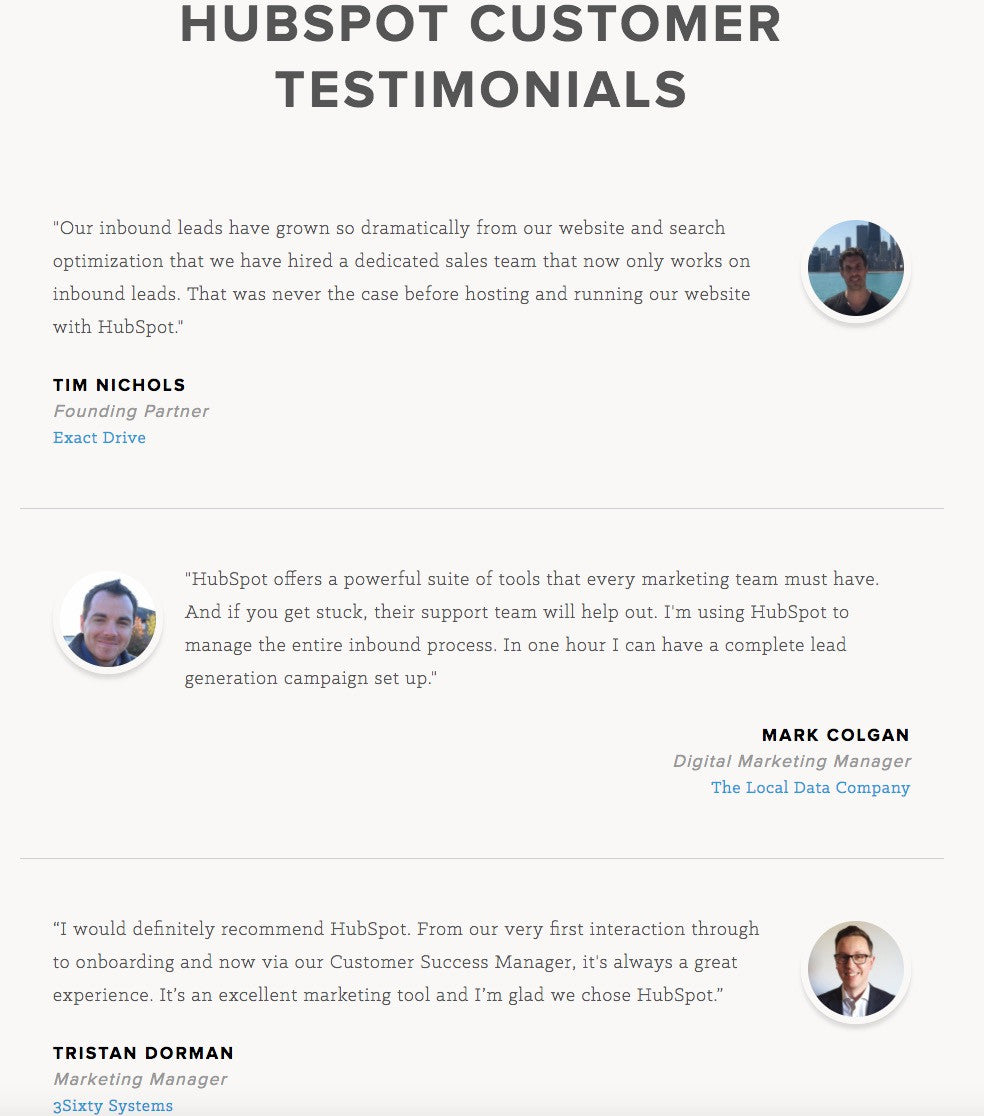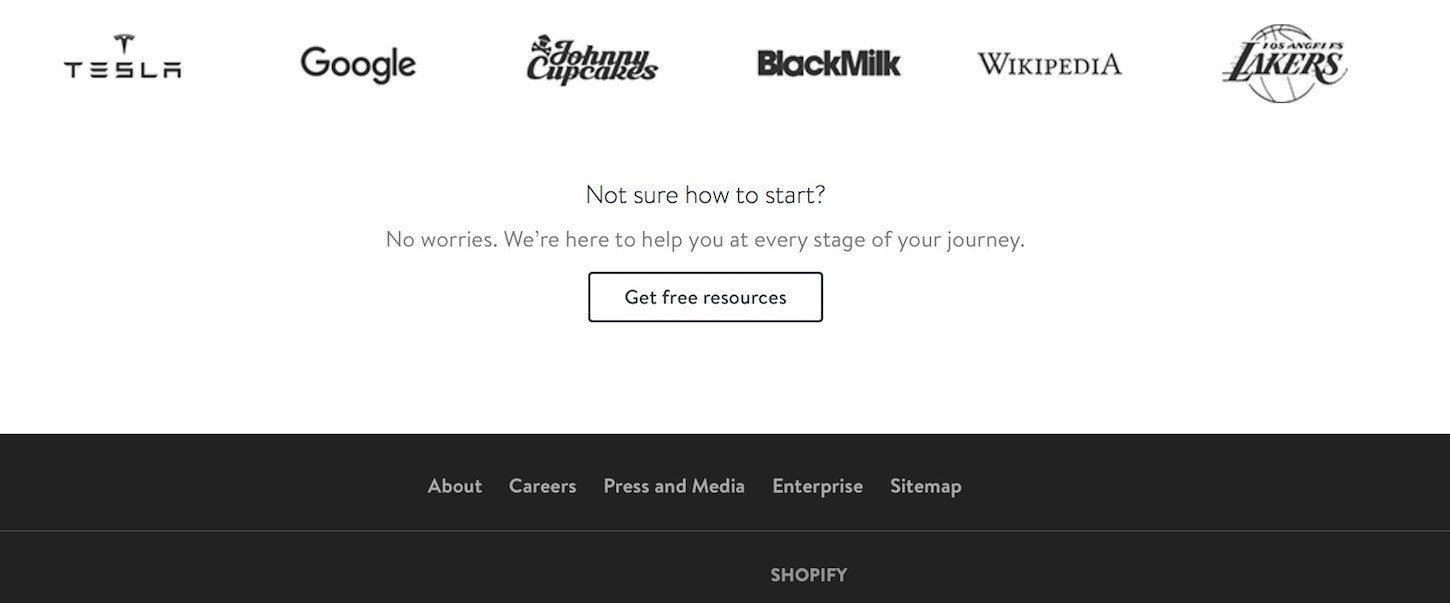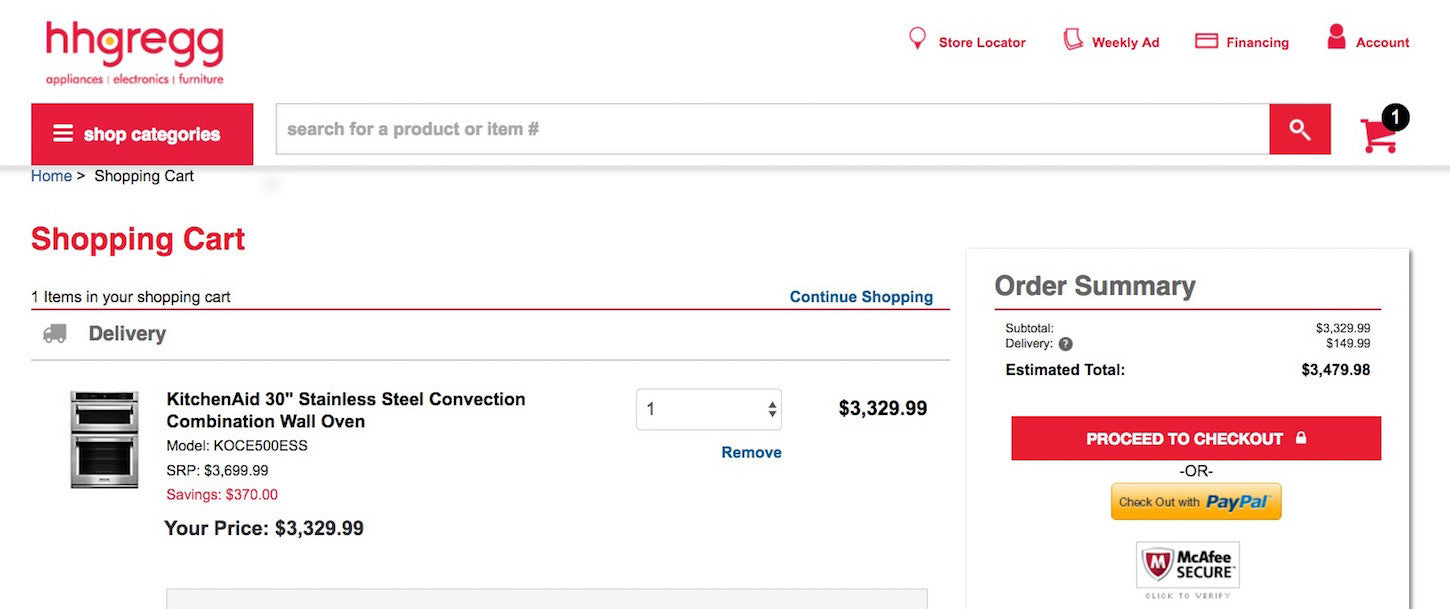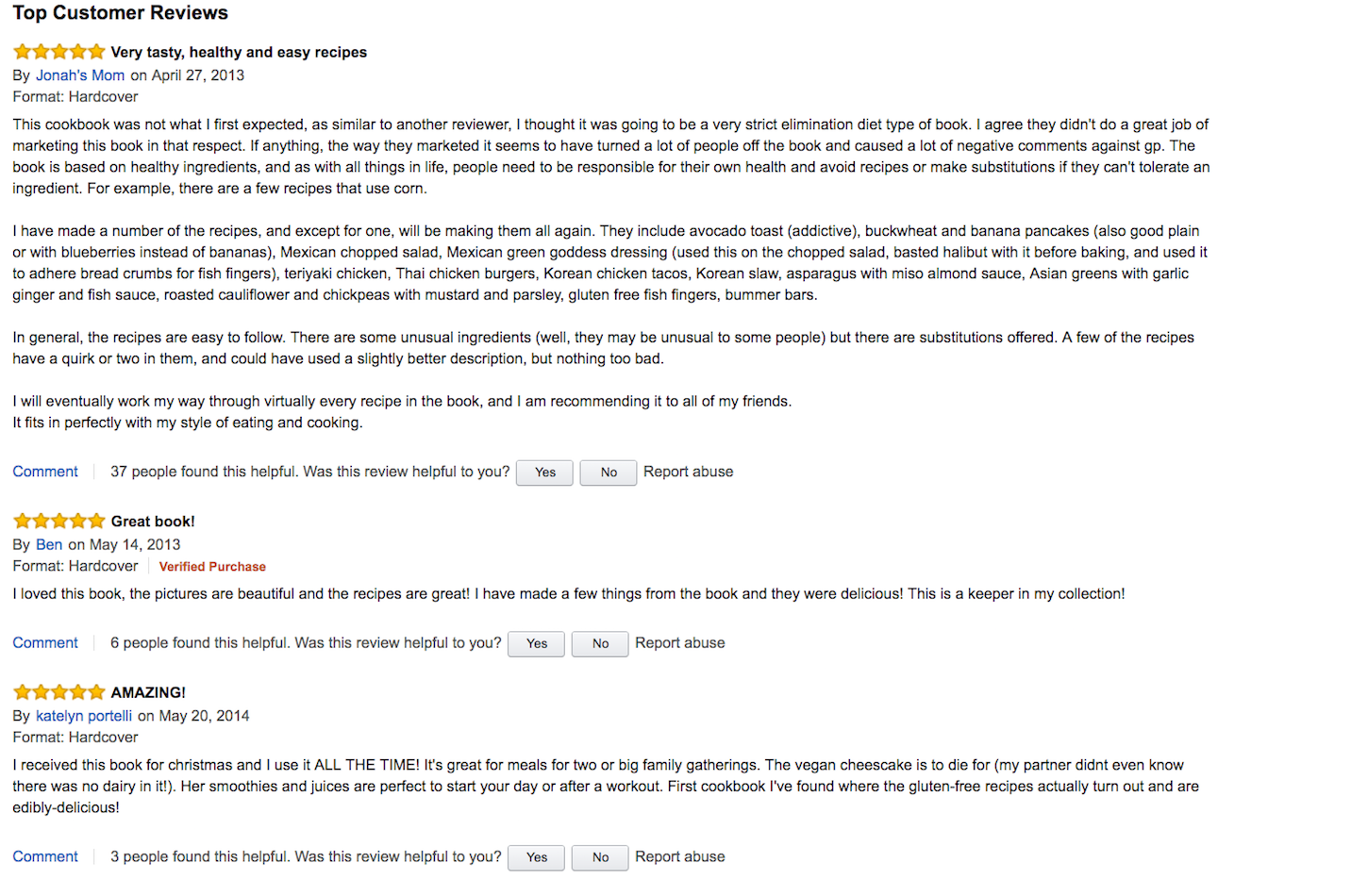Have you ever been in a public situation where everyone around you was doing something, and you, not wanting to do the wrong thing, simply copied them because you assumed they all knew what they were doing?
For example, you might be waiting for the light to change at a crosswalk, when the people around you start crossing well before the light signals it’s safe for you to walk, because they know the light will soon change.
Not thinking twice, you join them in crossing because you assume it’s the right thing to do because everyone around is doing it.
If so, then you’ve just experienced the psychological phenomenon of social proof.
This illustrates just how suggestible we humans are, and how we tend to copy those around us in a non-ending quest to behave “properly” in social situations. There’s even a notorious elevator experiment, which perfectly epitomizes what social proof can make people do (spoiler alert: if everyone’s facing the back of the elevator for no apparent reason, then you will most likely do the same!).
The fascinating thing is that social proof carries over amazingly well into ecommerce websites. When you succeed at convincing site visitors to buy your product or service because everyone else already has, you’ve just helped your cause to sell, by a hundredfold.
When you succeed at convincing site visitors to buy your product or service because everyone else already has, you’ve just helped your cause to sell, by a hundredfold.
This basic principle of using strength in numbers to persuade people to act, or in the case of ecommerce, buy, lies at the heart of social proof.
What exactly is social proof in ecommerce terms?
According to Forbes Magazine, “…if someone else has done it, or used it, and talked about it online, that’s social proof.”
This definition of social proof is crucial, because it expands on the psychological meaning of social proof outlined above, and shows us how seamlessly it’s applied to the online-retail industry and your client’s site.
Basically, as soon as someone — whether they’re your average Joe customer, an influencer, celebrity, or authority figure — has used your product or service, and then mentions it on the web, that counts as social proof for your online store. This can be anything from your basic customer review, to an actual endorsement by an influencer.
Of course, social proof can be both good and bad; ideally, you want social proof to persuade others to buy your product or service.
Let’s look in greater detail at the various forms of social proof that you can implement on your client’s ecommerce site.
Authority figure endorsements
There’s a key distinction between authority figures and mere celebrities, although it’s easy to think they’re one and the same.
An authority figure doesn’t necessarily have to be someone famous or well-known; it just has to be someone with authority in his or her own field, who talks up your product or service in a positive way.
A celebrity would be someone who is actually famous; think George Foreman hawking his grills.

A great example of authority figures endorsing a service is Legal Zoom, the legal-advice website. In the site’s explainer video, there are several lawyers who work with Legal Zoom, that explain how the service is reputable and trustworthy.
The voice of real lawyers endorsing this service, makes it more likely that people will trust these services are legitimate, and will push them to frequent and buy from this ecommerce operation.
You might also like: How to Use Psychology to Shape Your Ecommerce Success.
Testimonials
Testimonials are the classic form of social proof; it doesn’t get more direct than your customers, fans, and product users singing the praises of your client’s brand, and their positive experience with it. Testimonials are a fantastic opportunity to showcase social proof because there are a few different ways to implement this on your site.
First, let’s talk about how you want your testimonials to appear on your ecommerce site.
The most basic form is to get a quote from a customer, and put their name at the bottom of the quote; but this is inadequate. You can do so much better for your client’ brand!
Be sure to add a picture of the client giving you the testimonial, along with a link back to their site (assuming they have one). Instantly, this boosts the credibility of your testimonial, because people can now verify the person providing it.
The ultimate form of testimonial is the video testimonial, as these are very hard to fake and therefore boost your store’s credibility even more.

You can splash these testimonials right on your homepage for instant effect, or you can go the HubSpot way, which is to devote an entire page exclusively to shining testimonials.
Social shares
The best way to design social sharing into your ecommerce store is to make sure that you include social-share buttons on specific and strategic pages. For example, these buttons would reside on your blog (assuming your online store has one), and definitely on your product pages.
The more social-share action that occurs, the more it seems to your visitors, leads, and customers that your content is being shared far and wide, and therefore that your products are being bought up fast. All in all, that creates the impression of a brand that people are paying attention to.
Besides social proof, having social-share buttons in the right places also ensures that your content is shared more widely across the web, thereby helping bring more traffic and possible leads to your site, too.

For example, this recent article from Buffer’s blog, displays the several hundred shares its received, and creates a degree of social proof that helps persuade readers to read and share the content.

On this Radio Shack product page, note that the exact number of Facebook likes and Pinterest pins are displayed, again creating a sense that this particular product has been approved by others, and is worth buying.
You might also like: 3 Strategies for Improving User Experience in Your Ecommerce Designs.
Brand logos
Simply put, when you display the logos of brands you’ve worked with, or who have purchased a product or service from your client’s business, you’re in effect saying these brands endorse you, because they’ve done business with you. Out of all the forms of social proof, perhaps none is as immediately impactful as including brand logos in the design of your ecommerce homepage.
Out of all the forms of social proof, perhaps none is as immediately impactful as including brand logos in the design of your ecommerce homepage.
The ingenious strategy behind including brand logos is that they also double as a trust signal, immediately upping the reliability and perceived safety of doing business with your online store.
Look no further than Shopify’s website to understand how effective brand logos are in establishing social proof and trust.

On the Shopify homepage, we see logos from big brand names, like:
- Tesla
- Johnny Cupcakes
- Black Milk
- Wikipedia
- The L.A. Lakers
By highlighting both small and big businesses that deal with it, Shopify asserts itself as a company that’s both in demand and trustworthy.
Trust badges
Trust badges are related to online credibility, but they differ a bit from the above example in that they’re more geared toward assuring customers that doing business with your store is safe for their personal and financial information.
Trust badges are those icons you should see when you’re buying online, and that often display the logos of companies like McAfee, Norton, or the BBB (Better Business Bureau). The first two assure buyers that their financial transactions will be safe, while the latter tells them that they won’t get ripped off. Overall, badges like these go a long way towards ensuring your customers understand that other reputable organizations are willing to vouch for your brand.

On the shopping cart summary page of retailer hhgregg, during the checkout process, we see the McAfee badge prominently displayed, assuring customers that their financial information will be safe as they proceed to the purchase.
You might also like: 5 Ways to Help Your Clients Build a Trustworthy Online Store (Without Ever Leaving the Shopify App Store).
Online reviews
Perhaps the oldest form of social proof — which has been around since the 1990s— online reviews are still a classic and mega-powerful influencer on people’s opinions on the web. In fact, they’re even more important today in impacting a person’s buying decision than ever.
Don’t confuse testimonials with online reviews. The former is always a positive endorsement by a customer of an online store’s product or service, whereas the latter is more of an analysis of a store’s product or service by a customer. Therefore, online reviews — and here’s the important difference — can be negative and critical, just as they can be positive.
According to Business 2 Community, here are some eye-opening online-review stats:
- 88 percent of people trust online reviews as much as personal recommendations.
- Customers are likely to spend 31 percent more on a business with excellent reviews.
- 72 percent of customers are only going to take action after reading positive reviews.
As you can see, positive and excellent reviews for your store are key deciding factors for people looking to buy, thereby making online reviews a crucial part of social proof.
The best place for them is naturally on your product pages, right under the product description,images, or videos. Of course, you could also put some right on your store’s homepage, for immediate impact.

Amazon’s perhaps the online store that has made the online review famous; it still uses reviews throughout its site.
Social proof will help you sell more
Social proof is definitely a design element you want to implement into the pages of your client’s online store — it’s that critical to sales. Understanding the power of social proof, and how it brings traffic to your client’s store is integral to getting more conversions.
When more people think that your client’s store deals with many other businesses, gets a lot of social shares, and is the recipient of a lot of positive customer reviews, you’ll see your client’s entire operation get a nice conversion lift.
Once again, these are the important elements of social proof to design into your ecommerce store :
:
- Authority figure endorsements
- Testimonials
- Social shares
- Brand logos
- Trust signals
- Online reviews
Read more
- How to Build an Abandoned Cart Email Sequence
- Mobile Design Trends in 2019
- Top Ecommerce Resources for October
- Creating Memorable User Experiences With Website Layouts
- How to Integrate Shopify into your Client's WordPress Website with Zillacommerce
- Symmetry vs. Asymmetry Difference in Layout Design
- 4 Things to Consider When Designing Wholesale Stores for Clients
- Top 13 Web Design Conferences You Should Attend in 2016
- 14 Image Tools for Web Developers in 2017
- Data Visualization: Interpreting Uncertainty in Product Design
What types of social proof do you like to include in your client’s websites? Let us know in the comments section below!

